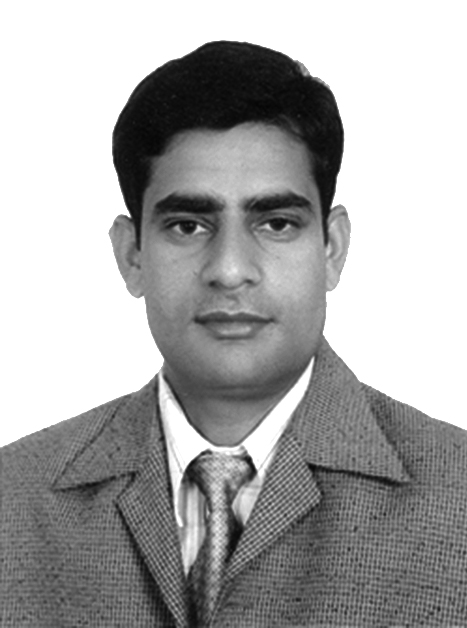Opinion
Going with the wind
Many students are pursuing higher studies without future plans in mind
Umesh Raj Regmi
Are you driven by your interest in a particular academic discipline or do you have a set goal in your educational career? A majority of higher level students would probably say no. A relevant academic goal greatly affects the motivation and behaviour of a student. However, many university students in Nepal face impractical curriculums, limitless allotment of degrees and a goalless continuation of academics. Deepak Basnet, a 24-year-old student doing his Master in Business Studies (MBS) at Nepal Commerce Campus, does not have a concrete answer as to why he chose this subject and what his aim is. There are a large number of students who say that their subject for formal study is ‘unfixed’. Academic degrees are seldom relevant to the local job market.
Moreover, there is no connection between certain faculties and their goal for future graduates. A graduate student in management primarily aims to find his or her career in the banking sector, but mere theoretical competency often results in problems. At the same time, if students like the faculty and subject they have chosen, why isn’t the intended profession their first preference? There may be several reasons for this. One, students do not have a choice with regard to subjects either due to educational accessibility or availability. Two, and probably more importantly, they do not have proper ideas about the future of their degrees.
Following the well-worn path
No counselling and career guidance programmes are organised for higher studies. Some of the students are just continuing their higher studies as their seniors did. Many students have no idea what they are going to do after they finish their studies. For example, graduates in education holding a teaching licence don’t seem to be motivated to pursue a career in teaching. This is because of a lack of prior academic goals and prestigious space in the field they have chosen. There are subjects like medicine, engineering, hospitality, agriculture and information and technology that offer bright prospects in the relevant sectors to graduates. However, these areas are limited to only a section of the population.
While setting academic goals at the undergraduate level, students need to make sure they are SMART (specific, measurable, achievable, realistic and timely). The role of seniors in fixing the academic goal is important. Academic targets are taken to the right direction if there is a fusion of the student’s interest, potential and relevancy. When it comes to university studies, successful students routinely set achievable academic goals. Students should focus on clarity, be specific, learn to manage time and make a commitment to earning a degree. Having goals will contribute positively to the sense of effectiveness as a student and boost one’s confidence.
Higher studies in a vacuum often creates confusion among students. So they need to set an achievable, relevant and adjustable goal in the course of their academic journey. Meanwhile, it is wise to anticipate possible challenges because obstacles and setbacks are a part of life, and goals help to regain one’s directions. Goals should be motivated by plans, dreams and desires, powered by discipline and maintained through commitment. Academic institutions should have some sort of direction to help students reach their destination.
What is the end goal?
Similarly, university students need to be sure what they want to become, and how they can contribute to the country. As all disciplines and subjects have their own objectives and importance, students should have an idea about the future scope of their field of study. In addition, self-evaluation and motivation in the area of specialisation plays a vital role in securing gainful achievement in the future. Each province in the country has to prioritise areas of higher studies to suit local needs. The curriculum and modality of the course needs to be goal-oriented and it should encourage entrepreneurship.
Diplomas in technical and vocational education have to be promoted to minimise university dropout. Forcing students to choose a faculty or subject leads them nowhere. Therefore, they should not be given any pressure over their personal goal and interest. Giving students counselling and a complete idea of higher studies is often suggested. Graduates of the new generation should have a definite academic mission with high motivation and commitment. A turning point in the academic journey can be crossed with confidence and conciliation when there is a set goal in the productive period of life. Society needs to be free from the traditional wish list of seeing students become a doctor, engineer or pilot.
Regmi is associated with the Nepal Youth Foundation




 22.12°C Kathmandu
22.12°C Kathmandu










